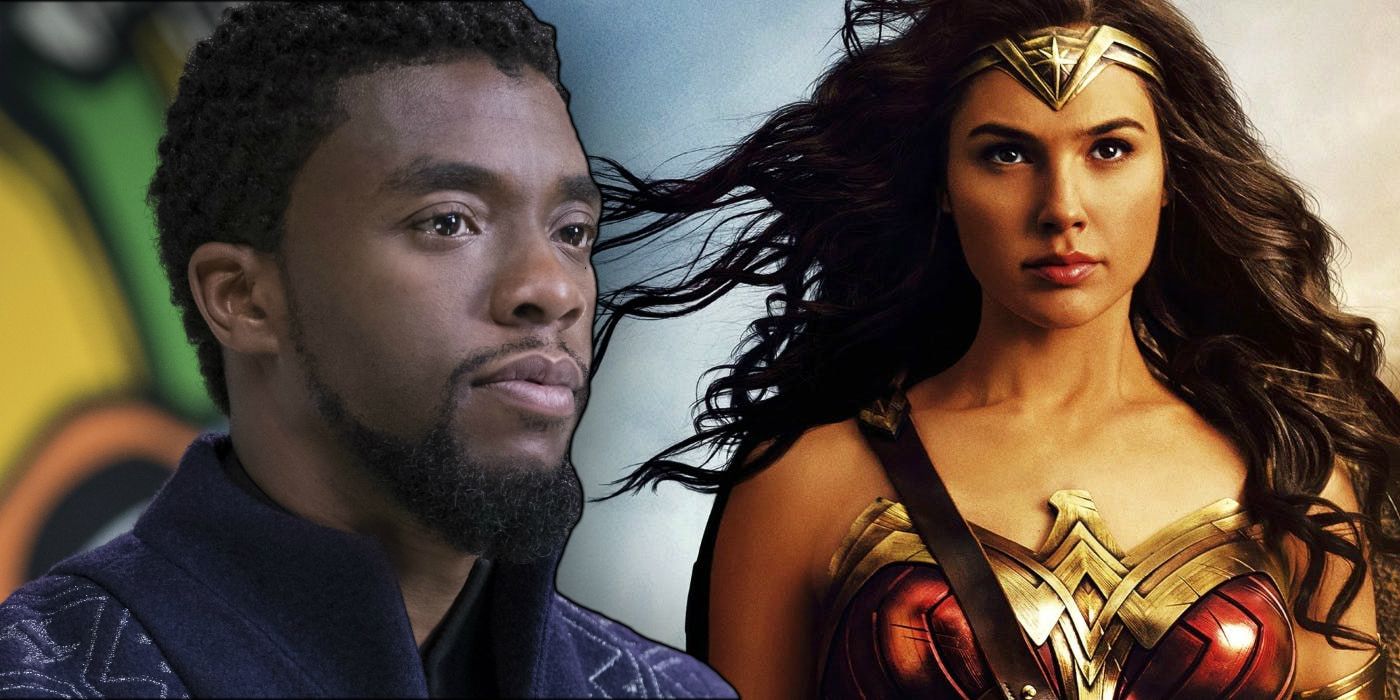GLAAD conducted its sixth annual Studio Responsibility Index, a yearly report that maps the quantity, quality and diversity of LGBTQ people represented in films by the largest motion picture studios, and perhaps unsurprisingly, criticized both Marvel Studios and Warner Bros. for the lack of representation in both studios' respective superhero film franchises.
While both Marvel and Warner Bros. have welcomed LGBT characters on the small screen courtesy of shows such as Runaways, Jessica Jones, DC's Legends of Tomorrow and Supergirl, both entertainment giants have failed to properly introduce ant LGBT characters on the big screen. Guardians of the Galaxy director James Gunn has gone on the record to suggest there are already LGBT characters within the Marvel Cinematic Universe, although said characters have yet to be properly acknowledged.
RELATED: Marvel Studios Plotting ‘a New Franchise Beyond Avengers’ With Disney
However, as GLAAD notes, the success of both Wonder Woman and Black Panther prove that the general public is more than ready to see diversity in the superhero genre. "At a time when the entertainment industry is holding much needed discussions about inclusion, now is the time to ensure the industry takes meaningful action and incorporates LGBTQ stories and creators as among priorities areas for growing diversity," GLAAD President and CEO Sarah Kate Ellis said.
Ellis also briefly addressed the box office success of Wonder Woman and Black Panther -- with the latter having earned over $1 billion at the worldwide box office -- exclaiming that there's simply no reason for studios to avoid including LGBT characters anymore. “With wildly successful films like Wonder Woman and Black Panther proving that audiences want to see diverse stories that haven’t been told before, there is simply no reason for major studios to have such low scores on the Studio Responsibility Index," she said.
RELATED: Producing DCEU Slate ‘Way Too Big a Job’ For One Person
In its study, GLAAD determined out of the 109 films released by major studios last year, only 14 -- a measly 12.8% -- included LBGTQ characters. Ironically, the first superhero film to introduce an LGBTQ on the big screen is Fox's Deadpool 2, and that, of course, is an R-rated film. While that doesn't underwrite the importance of said relationship in the film, it's a sign that there's still a long way to go before other studios follow suit and make it a point to include better representation in not just R-rated films, but also the standard PG-13 films.
Thor: Ragnarok's Tessa Thompson previously addressed her character's bisexuality, something that has been established in the comics. While her first Marvel Studios film didn't address it, one can only hope the studio will opt to explore Valkyrie's sexuality going forward. The same can be said for Wonder Woman, with Gal Gadot more than willing to explore the character's queerness in the films. Now, it's up to the studios to act upon those wishes.
(via GLAAD)

